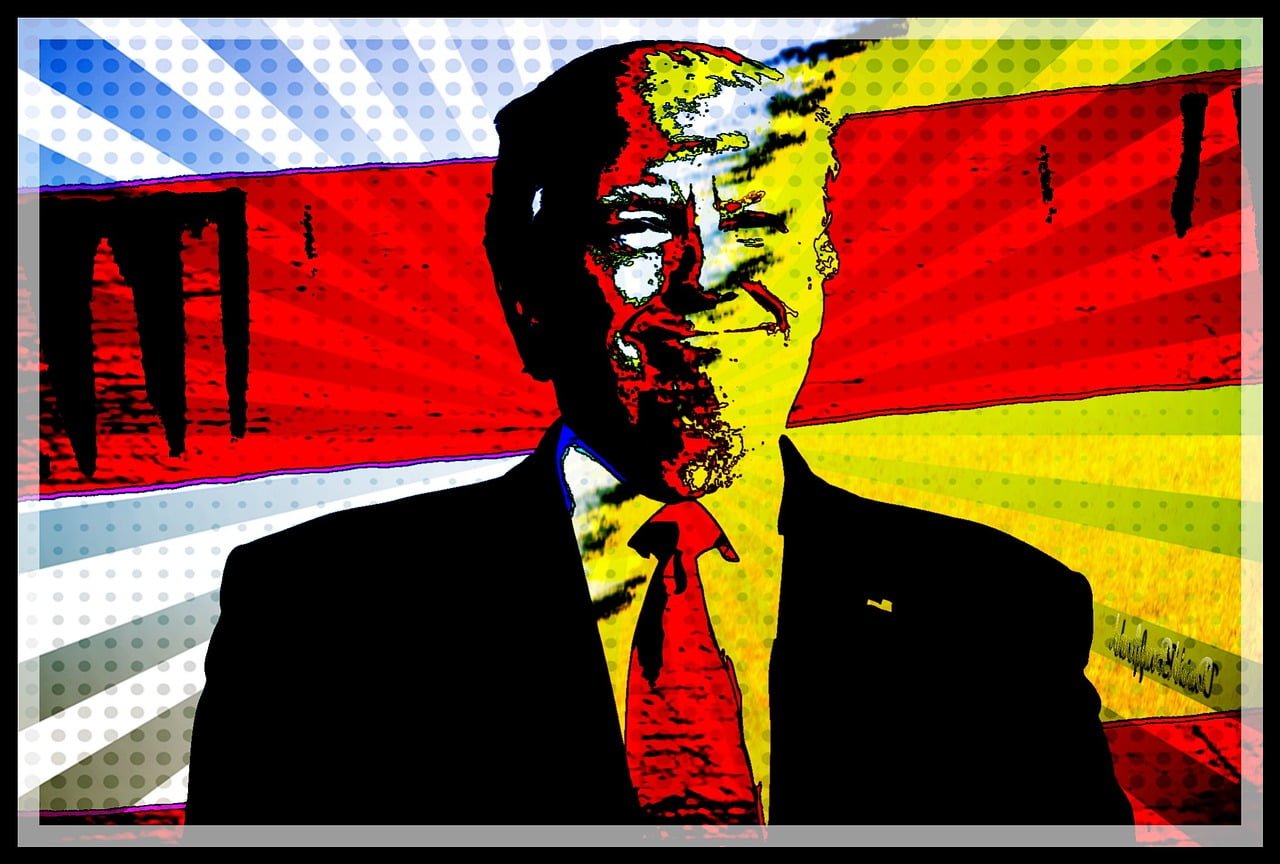A EurasiaNet Partner Post from: FPRI
As Ukraine’s recent economic difficulties persist—the country registered a modest growth rate of 2.3% in 2016, and painful IMF-mandated reforms continue to progress slowly—optimistic commentators forecast an increase—and eventual surge—in Chinese investment in the country. Speculation has been driven by three phenomena in particular: the recent publicity surrounding Chinese President Xi Jinping’s Belt and Road Initiative, an uptick in Chinese tourists to Ukraine following more liberal visa policies in March, and Chinese suggestions of commencing free trade zone talks between the two countries this year.
Despite Ukrainian President Petro Poroshenko’s absence at President Xi’s Belt and Road summit in Beijing this past May, Ukrainian officials have voiced their support for the Chinese infrastructure initiative. Ukrainian Deputy Minister of Infrastructure Viktor Dovgan encapsulated Ukraine’s hopes for the project stating that “within six months Ukraine will appear as a logistic hub on China’s Silk Road map.” However, eager official rhetoric has also been accompanied by wariness from some commentators who argue that “successful businesses must align with their investors in terms of values and cultural choices. . . . Before opening Ukraine’s doors, the government will do well to protect the country’s positive but still fledgling transformation from being exploited by foreign authoritarian investors.” They are concerned that China might exert unwanted influence over Ukrainian politics.
As is common when discussing Chinese investment in many Eurasian economies, both claims should be taken with a grain of salt. This is especially true for Ukraine, where political turbulence has played a significant role in shifting investor sentiments—first positive, then negative, than positive again—over the past few years. A closer look at recent business and diplomatic relations between Ukraine and China suggests that, if anything, China possesses few levers to improve bilateral relations. With this in mind, China’s official position on investment in Ukraine has been much more hesitant and equivocal than that of private Chinese capital. Since major projects (and financing capabilities) of the Belt and Road Initiative fall at the discretion of state-owned Chinese conglomerates, a significant surge of Chinese investment in the near future seems unlikely.
China’s Caution
So what explains China’s caution when it comes to investing in Ukraine? To find the answer, one must look back at the trajectory of Sino-Ukrainian relations from the early 2000s to the present. Compared to other post-Communist countries in Eastern Europe, Ukraine has been exceptional in two ways: first, in the frequency and severity of its political upheavals, and second, in the degree to which these upheavals have affected its relationship with China. The reasonably productive relations between Ukraine and China under the Leonid Kuchma administration—namely a strategic partnership based on technical transfers and weapon sales—became far patchier following the Orange Revolution in 2005. Ukrainian officials offended Beijing by inviting high-ranking Taiwanese officials to attend semi-official international conferences in late 2005, leading to a stalling in senior-level exchanges during the Viktor Yushchenko administration. During this decline in the bilateral relationship, military-technological exchanges were the only facet of Sino-Ukrainian relations robust enough to survive.
This situation quickly changed with the ascent of Viktor Yanukovych as president in 2010. After assuming office, the new Ukrainian president met with Chinese President Hu Jintao within two months and visited China shortly thereafter. A series of hastily-negotiated investments followed, few of which panned out. The most damaging investment was the failed loans-for-grain deal financed by Export-Import Bank of China in 2012. China agreed to lend Ukraine 1.5 billion USD for investment in agriculture, which Ukraine was to repay in corn exports. Despite concluding the deal in 2012, it has yet to be fully implemented. The spectacular fall of Yanukovych in early 2014, merely weeks after his visit to China and the conclusion of a friendship treaty between the two countries, further revealed Chinese diplomats’ inability to accurately assess, much less influence, Ukraine.
The cautious stance of current Chinese officials towards investment in Ukraine, therefore, stems from an acute realisation of the limitations of Chinese influence. One important reason for these limits is that Ukrainians are especially dissatisfied with China’s perceived fence-sitting regarding Crimea and Donbas, as indicated by Chinese abstentions over UN resolutions on Ukraine in 2014. The stalled loans-for-grain deal, which some news outlets claimed was adjudicated at London Court of International Arbitration, has resulted in a slowdown of further investment by China’s Export-Import Bank, traditionally a major source of financing for investment abroad. Even a recent visit by Vice Prime Minister Stepan Kubiv to the bank’s headquarters in Beijing this May resulted in a lukewarm Chinese response. The only public gesture made by the Ukrainians was to delay privatizing its State Food and Grain Corporation until it began servicing its 2012 loan from China.
Similarly, a loan worth up to 3.65 billion USD proposed by China Development Bank to Naftohaz, Ukraine’s state gas company, agreed-upon in 2012, has not yet been disbursed due to departmental infighting within the Ukrainian government as to the funds’ uses. The deadline for Ukrainians to submit project proposals to secure the loan was pushed from June to August of this year. However, as the general prosecutor’s office currently investigates the reasons for delay, it remains unknown whether the Ukrainians will be able to meet the postponed deadline. Even after project proposals are submitted, Chinese lenders must then conduct due diligence before the loan may be disbursed. As Ukraine’s annual Foreign Direct Investment (FDI) inflows (including from conduit-countries such as Cyprus and the Netherlands) stood at a meagre 3.44 billion USD in 2016 (which is an improvement from 2015), China would be unwise to get more deeply involved.
Lack of Caution Does Not Mean Lack of Interest
However, China’s official caution about major investments in Ukraine should not be conflated with a lack of interest. Politically, high-level exchanges been the two countries’ executive and legislative branches have resumed since late 2016, and China has discreetly donated emergency relief and other non-lethal equipment to Ukraine (one of the few non-NATO members to do so). Perhaps more significantly, Chinese officials have made encouraging statements regarding Ukraine’s potential membership in its working group with Central and Eastern European countries (otherwise known as the “16+1” Mechanism). In doing so, they potentially strive to aid Ukraine’s efforts to distance itself from the Commonwealth of Independent States orbit.
Economically, traditional patterns of cooperation in agriculture and military technology have continued. Chinese firms are beginning to take advantage of competitively-priced Ukrainian expertise, such as in the production of aircraft engines. There has also been renewed interest by Chinese companies in infrastructure projects. Given the complexity of the contracting process for major construction projects in Ukraine and recent upheavals in the domestic banking sector, it remains to be seen whether the recently signed Memoranda of Understanding (MOU) between Chinese infrastructural firms and branches of the Ukrainian government will come to fruition. With the MOU in mind, the acquisition of a minor Ukrainian state bank by the Bohai Commodity Exchange in late 2016 is particularly interesting. The bank’s new owners pursued the deal with the specific aim of bridging the regulatory and financing hurdles faced by private Chinese firms interested in the Ukrainian market. However, given the paltry sum involved (around 3.17 million USD), the deal should be seen more as an attempt to position Chinese investors more advantageously should a breakthrough in Ukraine’s investment conditions occur.
Ultimately, any major surge in investment from China would only come at the initiative of the Ukrainians. They could commence negotiations for a free trade agreement or enhance coordination between Ukrainian agencies to improve investment conditions. Despite the groundwork laid by state-owned and private Chinese companies, the Chinese have learned the lesson of the Yanukovych era well. As the Chinese commerce attaché quoted with approval at the China-Ukraine strategic partnership forum this past May, “?????? ????? ??????” (money loves silence).
Editor's note: Dong Yan is a doctoral candidate in history at University of California, Los Angeles.
Article by Dong Yan, EurasiaNet






